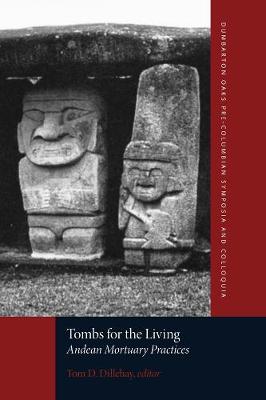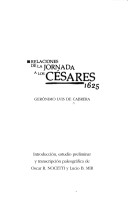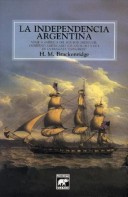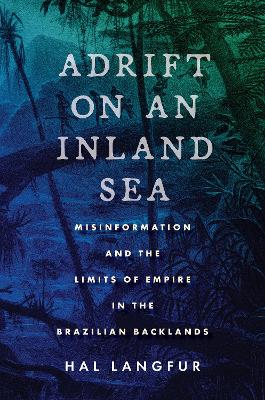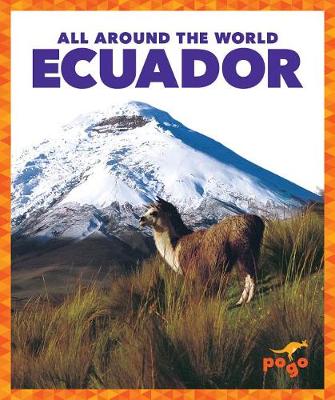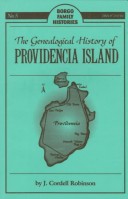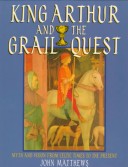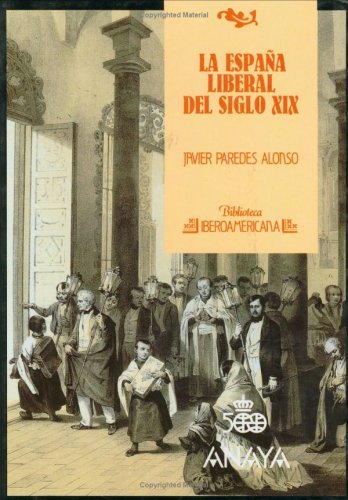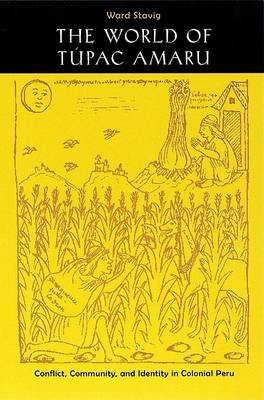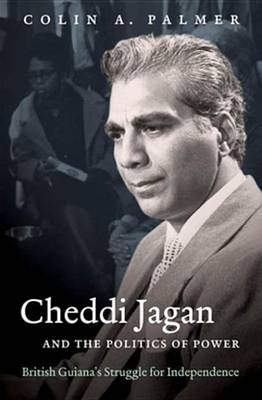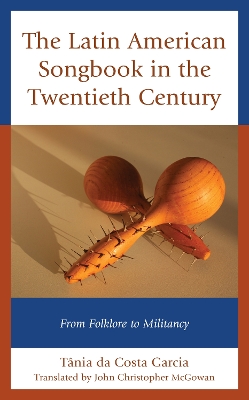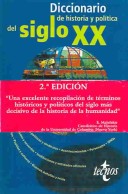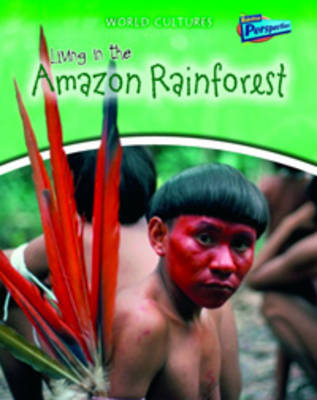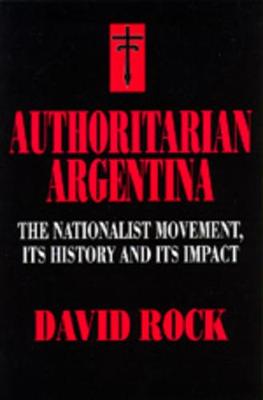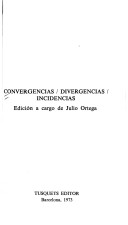Tombs for the Living (Pre-Columbian Symposia and Colloquia)
by Tom D. Dillehay, Frank Salomon, Joseph W. Bastien, James A Brown, James A. Buikstra, Jane E Buikstra, and Patrick H. Carmichael
La Santa Federacion (Momentos Clave de la Historia Integral de la Argentina, #3)
by Felix Luna
OS Varoes Illustres Do Brazil Durante OS Tempos Coloniaes, Vol. 2 (Classic Reprint)
by Joao Manuel Pereira Da Silva
Relaciones de La Jornada a Los Cesares, 1625
by Oscar Nocetti and Jeronimo Luis de Cabrera
The Unidad Popular and the Pinochet Dictatorship
by Professor Patricio Meller
From 1750 until Brazil won its independence in 1822, the Portuguese crown sought to extend imperial control over the colony's immense, sea-like interior and exploit its gold and diamond deposits using enslaved labor. Carrying orders from Lisbon into the Brazilian backlands, elite vassals, soldiers, and scientific experts charged with exploring multiple frontier zones and establishing royal authority conducted themselves in ways that proved difficult for the crown to regulate. The overland expedi...
La Espaa Liberal del Siglo XIX
by Javier Paredes Alonso and Francisco Javier Paredes Alonso
Equally concerned with the lives of ordinary Andean people and sweeping historical processes, this book unveils a complex colonial world of indigenous villagers and their Spanish neighbors from the ground up and in the process examines one of the most significant indigenous uprisings in the Americas. This rebellion, known by the name of its leader, Tupac Amaru, ignited in colonial Cuzco near the former Inca capital during the late eighteenth century (1780-83) and spread rapidly throughout much o...
Cheddi Jagan and the Politics of Power (H. Eugene and Lillian Youngs Lehman)
by Colin A Palmer
Colin Palmer, one of the foremost chroniclers of twentieth-century British and U.S. imperialism in the Caribbean, here tells the story of British Guiana's struggle for independence. At the center of the story is Cheddi Jagan, who was the colony's first premier following the institution of universal adult suffrage in 1953. Informed by the first use of many British, U.S., and Guyanese archival sources, Palmer's work details Jagan's rise and fall, from his initial electoral victory in the spring of...
Guido Buffo y El Templo del Pendulo
by Gustavo Diaz and Karina Rodriguez
The Latin American Songbook in the Twentieth Century (Music, Culture, and Identity in Latin America)
by Tania da Costa Garcia
The Latin American Songbook in the Twentieth Century: From Folklore to Militancy takes an unprecedented comparative analysis approach to the complex relationship between popular music and culture, society, and politics in Latin America as it relates to representations of national identity. Tania da Costa Garcia analyzes archival research in Chile, Brazil and Argentina, which have very similar cultural and political processes. This book is divided into two different parts: the first focuses on ho...
Diccionario de Historia y Politica del Siglo XX
by Jose Maria Lopez Alonso
Why are feathers so important to the Yanomami? Why do the hunters never say the names of the animals they hunt? The Yanomami have lived in the rain forest for thousands of years. They live in villages where many families share one big hut. You will read how they have learned special skills to survive in the rain forest.
In the wake of the American invasion of Iraq and other recent foreign interventions, there has been a revival of interest in the history of empires and imperialism. The Inca and their Empire offers a critically-informed discussion of the archaeology of the Inca empire, discussing it in the context of the broader 'imperial experience' and in light of contemporary manifestations of imperialism. It is an excellent introduction to current scholarly debates on different aspects of Inca imperialism an...
David Rock has written the first comprehensive study of nationalism in Argentina, a fundamentalist movement pledged to violence and a dictatorship that came to a head with the notorious "disappearances" of the 1970s. This radical, right wing movement has had a profound impact on twentieth-century Argentina, leaving its mark on almost all aspects of Argentine life--art and literature, journalism, education, the church, and of course, politics.
